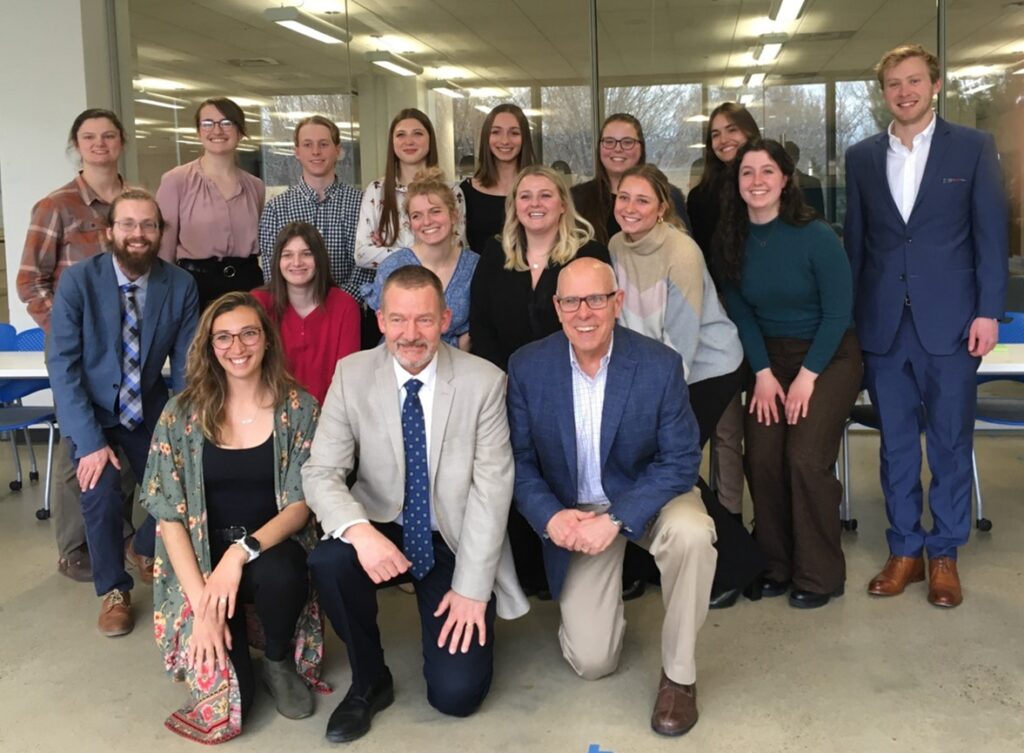
**This VIP is on hiatus for Fall 2025**
What is the ambitious goal of this project?
To create a device incorporating smell and microfluidics technology that can be used in
conjunction with commercially available virtual reality headsets to diagnose and treat Alzheimer’s disease.
Experience Gained
This experience will provide you with new skills and knowledge such as:
- identify, analyze, and assess technical, economic, and societal opportunities and challenges of BRAIN HEALTH: VR-Scent for Alzheimer’s Detection.
- communicate, written and orally, discipline-specific content to an interdisciplinary audience.
- develop a research and development plan and execute it.
- work effectively on an interdisciplinary team.
- reflect on and articulate their knowledge, skill and dispositional development
- analyze customer needs and markets
- design mechanical and electrical components
- write computer programs
- design, build and test prototypes
- build a network of academic and industry partners, raise funds
- Methods/technologies used on this project: 3D design, Arduino & Rasberry Pi Computing, coding and coding software, computer vision systems, engineering lab, fundraising and/or grant writing, instructional design, systems engineering, virtual reality, writing, oral presentations, metacognitive journals, course readings
- View abstract for student poster presented at the 2019 Undergraduate Research Conference
Majors or Interests Needed
We’re looking for students with the one or more of the following majors or interests:
- Any/All
- Chemistry-Biochemistry
- Computer Science
- Educational Technology
- Electrical & Computer Engineering
- Environmental Studies Program
- Gaming and Interactive Mobile Media (GIMM)
- Majors in Health Science
- History and other majors in Humanities
- Marketing and other business related majors
- Mechanical and Biomedical Engineering
VIP Coach Information
Dr. John Bieter is a member of the faculty in the History Department and also the interim Director of the Foundational Studies program. He is interested in the educational opportunities of VR scent in teaching history.
Dr. Peter Müllner is a faculty in the Material Science Department and an expert in microfluidics technology.
Course Information
VIP 200, VIP 400, or VIP 500.
Full semester course. Choose to enroll in 1 or 2 credits.
Interested in joining this team?
For more information and to request a permission number to register contact Dr. Bieter at johnbieter@boisestate.edu or Dr. Mullner at petermullner@boisestate.edu OR complete this interest form and someone will contact you. Check out this page for tips on contacting a professor.
To register: search by Subject: Vertically Integrated Projects, read the project description to find the right section of VIP 200, 400, or 500. Use permission number, here are instructions to add a permission number